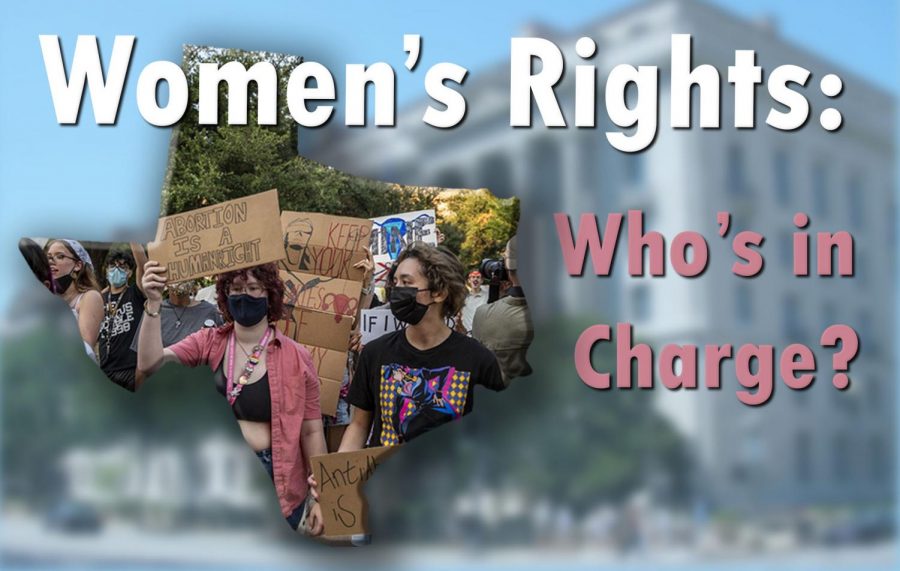Texas commences new abortion law; Department of Justice files emergency order
September 22, 2021
On Sept. 14, the Department of Justice filed an emergency request to halt the enforcement of the new Texas abortion law, due to it violating the rights of women. The law, which commenced on Sept. 1 and is called the “Heartbeat Act,” bans abortions after six weeks of pregnancy and also states that private citizens can sue abortion providers and anyone else who helped a woman get an abortion for $10,000. Further, private citizens who intend to sue someone do not need to show any connection to who they are suing.
“The devastating effects warned of in the pre-enforcement litigation immediately became a reality for patients and providers in Texas,” stated the filing. “S.B. 8 has gravely and irreparably impaired women’s ability to exercise their constitutional right to an abortion across the state.”
The new ban has not only affected women, but also the physicians of Planned Parenthood. President of Planned Parenthood Gulf Coast, Melaney Linton, told about how the physicians are also experiencing the stress and hurt inflicted by the law (Washington Post).
“This experience has also been traumatic for our physicians and staff as they must tell patient after patient that they cannot care for them,” said Linton in her declaration supporting the Department of Justice’s temporary restraining order. “They are essentially being forced to inflict trauma on their patients.”
Governor of Texas, Greg Abbott, was heavily in support of the law and was able to sign it into action.
“Our creator endowed us with the right to life and yet millions of children lose their right to life every year because of abortion,” said Abbott at the bill signing ceremony.
The Department of Justice also stated in their filing that the reason the ban is still in effect is because it is relying on private citizens to enforce it through lawsuits.
“Normally, a statue that so successfully stripped a state’s citizens of their constitutional rights would fall victim to a slew of pre-enforcement challenges,” stated the court filing. “But Texas has sought to save S.B. 8 from that fate by washing its hands of responsibility for enforcing the law.”
